Follow Us x
Meet the trainer, Sal Curcurato
If you are visiting my site, you are probably experiencing a problem with your furry best friend, or maybe you just added a puppy to your home and are looking for guidance to get him off to a good start as a well-behaved, loving member of your family. Whatever your concerns are regarding your dog, I know that I can help you.
My name is Sal Curcurato. I am a dog trainer, certified by the Animal Behavior College. Dogs have always been a big part of my life, and I've loved them since we brought little Rudy, a beagle/shepherd mix, home when I was eleven years old. When my son Charlie was twelve, he wanted a dog. We purchased a Rottweiler puppy named TJ (Tank Jr.). TJ was our pet and our protector. He died far too young, at five years old, of osteosarcoma. One of the main reasons I am a dog trainer today is to keep TJ's memory alive. When I have a particularly aggressive dog to work with, I ask TJ to keep an eye on me. He hasn't let me down yet.
Besides my certification as a dog trainer, I have a BA in psychology, as well as an MBA. My training in psychology helps with training dogs, since my methods are based on Skinner's operant conditioning, using mainly positive reinforcement and negative punishment. I will train you to train your dog. We have fun together, and your dog will behave better because he wants to, not because we force him to. There are still trainers who use harsh methods, which are designed to break your dog's spirit and force him to behave through fear. I don't use any of these methods.
Your family is welcome to assist in the training, and I recommend that they join in. You and your dog will enjoy the training, and you will benefit from it for the rest of your pet's life.
If you have a puppy, then I recommend that you start socializing it as soon as you bring it home. The prime socialization period for a puppy is from about seven to eighteen weeks old. A properly socialized dog will be comfortable with other dogs and with all people, and it will not be fearful. During this period is when your puppy should become familiar with other safe and healthy dogs. Be careful to only include dogs that you know are healthy and that have had their inoculations, since your puppy will be at risk of disease. At this age, it is imperative for your puppy to meet all types of people, especially men and children. If a dog becomes fearful of anyone, it is usually a man or a child. As your puppy becomes aware of other people, other animals, and different noises, your puppy will not be fearful as an adult. You will have a well-adjusted dog. Most of the problems that I find in adult dogs are due to improper or inadequate socialization as a puppy.
Here is a comment from one of my favorite clients:
"Sal, I would like to thank you for your easy and kind approach to training a puppy. I was astonished at how fast my puppy learned after attending the classes, and most important to me was my puppy's interaction with other dogs. Kristy, my beautiful German Shepherd, went from puppy class to adult class, and Sal you showed me the right commands and how to interact with her, so that I would feel confident in handling her. The training is not only for the pet but for the owner. I loved your classes. I found that you gave enough time for everyone, and I can see the true love that you have for animals in the kind way that you treat them, and by rewarding them with love and teaching them in a way that makes them want to please us. Thank you." -Mary

